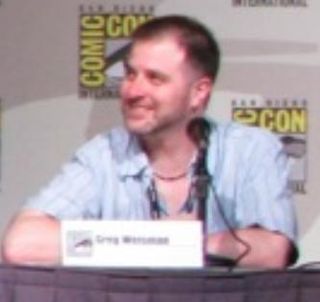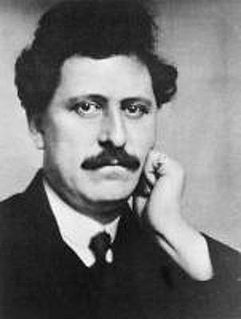A Quote by Petina Gappah
The prolific Chinodya has written a number of striking books, most notably 'Dew in the Morning', an exploration of an idyllic rural boyhood; the sophisticated 'Strife,' in which sins from the pre-colonial past cast shadows into the present; and the rich and varied short-story collection 'Can We Talk?'
Related Quotes
Imagine a multidimensiona l spider's web in the early morning covered with dew drops. And every dew drop contains the reflection of all the other dew drops. And, in each reflected dew drop, the reflections of all the other dew drops in that reflection. And so ad infinitum. That is the Buddhist conception of the universe in an image.
Manners are the happy ways of doing things; each one a stroke of genius or of love, now repeated and hardened into usage, they form at last a rich varnish, with which the routine of life is washed, and its details adorned. If they are superficial, so are the dew-drops which give such a depth to the morning meadows.






































